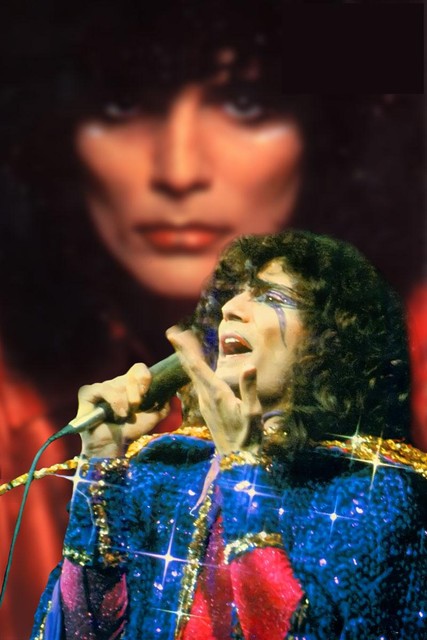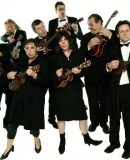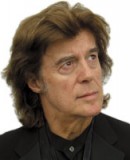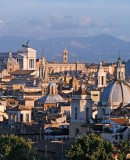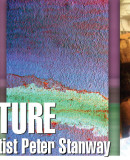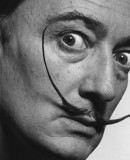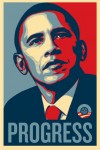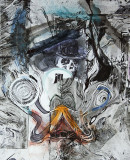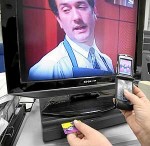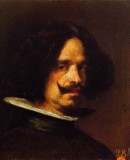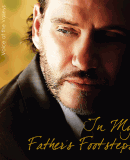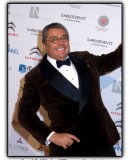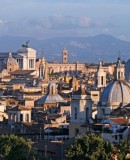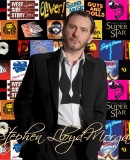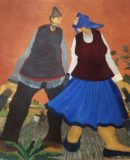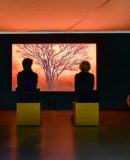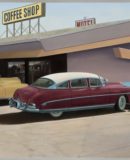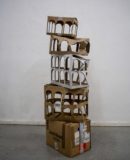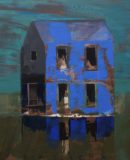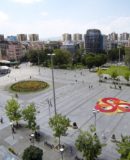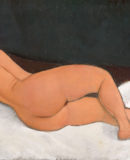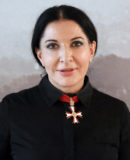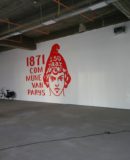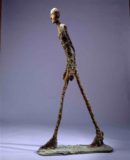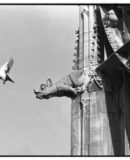"The Best Years of Our lives" - Renato Zero
“I Migliori Anni Della Nostra Vita” sung by Renato Zero
Renato Zero is the stage name of Renato Fiacchini (born September 30, 1950), an Italian singer-songwriter and showman, born in Rome in the Via di Ripetta, next to the Via del Corso.[ from Wikipedia]
Zero’s accomplishmentsRenato Zero is still the only Italian artist to have reached the number one charts position of singles in 4 different decades (70’s, 80’s, 90’s and 2000’s). He had no fewer than 26 albums in the Top 10. He likes to work with other artists, and wrote songs for numerous other singers as well. With his particular approach in performances, shows and tours, he is a leading live performer in his country and obtained a unique spot in the Italian musical scene.
His grand force is regarded to be having shown the normality of the diverse, convincing the public that diversity feeds our human abilities to feel and act with love, respect, solidarity and faith. He has never either admitted nor denied being gay. Throughout his career, Renato Zero has been a great crusader against drug abuse.
Biography
His early days were not easy and he abandoned his studies early in his life to devote himself to his true passion, the arts, more specifically playing music and singing, initially with little success. From an early age, he would wear make-up and cross-dressand was often criticized ans even insulted. he defended himself by replying to the criticisms he received, by calling his insulter’s “You’re a “zero” by taking on the pseudonym Renato Zero.
In the early days of his career he recorded his first two singles in 1965: “Tu, sì”, “Il deserto”, “La solitudine”, which were never issued and his first published single, “Non basta sai/In mezzo ai guai” (1967), was a flop, as it sold a total of 20 copies and to make a living he took on on various jobs, including an appearance in an advertisement for ice-cream, work as a dancer in a TV show, and playing in two musicals and (minor roles) in two Fellini movies.
In the late 1960s Zero’s career was helped along by the glam-rock movement, from which he benefited with his sexual ambiguity and androgynous appearance. At the same time, this led him to being accused of emulating other celebrities like David Bowie. In 1973 he issued his first LP, No! Mamma, no! (live), but still with little success. The follow-up Invenzioni met the same fate.
It was not until 1976 that he scored his first hit with the single “Madame”, a collaboration with songwriter Franca Evangelisti and composer Piero Pintucci, with whom Zero continued to work in the years that followed. “Madame” and the album including it, Trapezio, established a regular and loyal audience for Zero.
The late 1970s were indeed years of great success for Zero’s character, with the LPs Zerofobia (“Zerophobia”, 1977), Zerolandia (1978) and Erozero (1979) topping the Italian charts. At this time Renato Zero was amongst the two or three most popular singers in Italy and his song “Il Carrozzone” was already regarded, also by critics, as one of the best Italian songs ever.
In the 1980s he began to abandon make-up and greasepaint, but this did not rid Zero of his mania for grandeur: in the 1980 tour, for example, he entered the scene riding a white horse. In 1982 he began a collaboration with the opera director Renato Serio,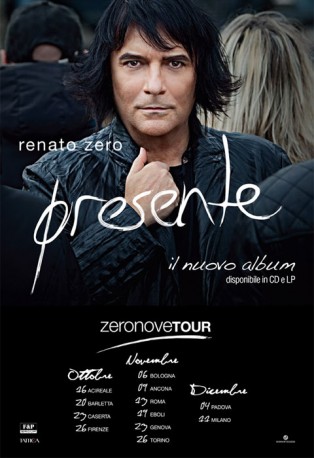
His career continued to be successful until 1984, with top-charts songs like “Amico” (“Friend”) and “Spiagge” (“Beaches”). That year, however, his album Leoni si nasce and the tour of the same name, in which he appeared disguised as a lion and escorted by four aborigines, were commercial failures. The album Zero of 1987 marked the lowest point of his career: instead of playing in arenas and stadiums, Zero had to sing almost for free in the piazzas and discos of Italy’s minor cities.
In 1991 Renato Zero participated to the Sanremo Music Festival with “Spalle al muro”, and from that moment on his career began to rise again. In 1993 he ranked 1 on the Italian charts with the LP Quando non sei più nessuno. The following year Imperfetto repeated this success.
In 1999, he sang at Pavarotti and Friends his hit song Il cielo together with tenor Luciano Pavarotti, and later the same year, Italian diva Mina paid him a tribute with her album Mina n° 0, containing nine Zero’s songs, including one sung in duet with him.
In 2004 his tour “Cattura il sogno/Il sogno continua” (Catch the dream/The dream continues) was awarded from Pollstar magazine as the most successful of the year in Italy and as well as one of the most successful worldwide. The recording of the Roman concerts, held at Olimpico Stadium in June, was the best sold musical DVD of 2004.
In 2005 he took part to the Italian stage of Live 8, in the Circo Massimo. In November his new album Il dono (“The Gift”) topped the charts and maintained #1 until the end of the year. In December 2005 he performed in the Vatican with a song dedicated to Pope John Paul II. Renato Zero’s 2006 tour was entitled Zero movimento and involved 25 concerts. After 40 years of musical career, in February 2006 he refused the Career Award of the national Festival of San Remo, stating that should be for artists at an old age.
In 2007 he toured again in major Italian cities, filling the biggest sports stadiums. The tour was called MpZerO, and attracted 270,000 spectators on 7 dates, of which 120,000 filled the Olympic Stadium of Rome, his hometown. He’s often called the Emperor of Rome.
“Presente”, his 30th album, released in Europe, South America and North America March 20, 2009, caused him to gain 5 discs of platinum in Italy and 80,000 copies sold out by Italy. Following Presente release, Renato toured again in autumn 2009: “Zeronove tour” collected 30 sold-out dates, most successful gig of the year in Italy. On December 10, “Ancora qui”, the first single from the album “Presente”, won the best Italian video of the year. In September 2010 “Presente” (was certified by FIMI as the highest selling album in Italy during 2009-2010 years. ( From Wikipedia)
Disclaimer: The views, opinions and positions expressed within this guest article are those of the author Dario Poli alone and do not represent those of the Marbella Marbella website. The accuracy, completeness and validity of any statements made within this article are not guaranteed. We accept no liability for any errors, omissions or representations. The copyright of this content belongs to Dario Poli and any liability with regards to infringement of intellectual property rights remains with the author.

